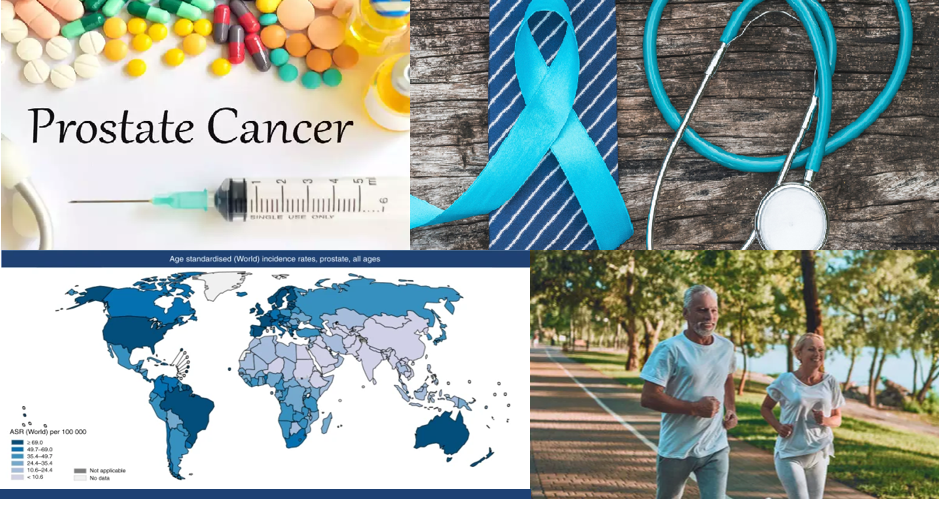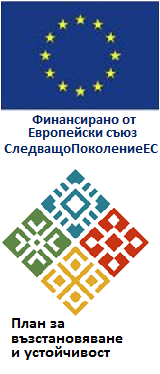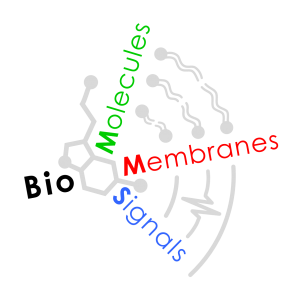Home | Project team | Project goals | Project-related activities | Publications

Prostate cancer (PC) ranks second in incidence among malignant neoplasms affecting men and is the second leading cause of death after lung cancer. There is a close correlation between morbidity and patients аge group. The diagnosis is most often made between the ages of 75 and 79, with a 5-year survival rate of 96% in the United States and 86% in Northern Europe. In Bulgaria, PC accounts for 17% of all newly discovered non-melanoma neoplastic diseases in men between 60-74 years and 28% in men over 75 years, with 5-year survival recorded in only 53% of cases. Because of the advanced these patients are often neglected, which is contrary to ethical norms and contrary to Horizon 2020 guidelines on the axis “Societal Challenges: Health, Demographic Change, and Wellbeing” to “help older people stay active and healthy.”
The project is a step forward in the compilation of a modern algorithm for clinical behavior in prostate cancer, adapted for medical practice in Bulgaria. The high morbidity and mortality in the country and on a global scale determine the topicality of the topic. The basis of the choice of therapeutic approach (radical prostatectomy, antiandrogen therapy and/or radiotherapy) is the expected life expectancy of these patients. Currently, there is no established standard for evaluating this indicator. Within the framework of the project, a multidimensional mathematical model is being developed to predict the expected life expectancy of patients with prostate cancer. The knowledge obtained from the experimental and theoretical activities will be implemented in an algorithm, which will include nomograms developed in the course of work, established and new mathematical approaches for risk assessment and survival in these patients. As a result, the decision regarding the possible concepts of curative definitive therapy for these patients will be objectified and personalized, which is decisive for the results of the treatment and the quality of life. Guaranteeing an adequate solution to the set tasks requires the close collaboration of urologists, statisticians, bio-engineers and mathematicians, in response to clinical needs with the means of modern technological solutions. Within the framework of project implementation, the listed scientific areas are represented by established scientists with high scientometric indicators, as well as by young scientists motivated for scientific growth and professional development, which is a prerequisite for increasing their qualifications and for the successful implementation of project activities.
The realization of the project’s goal “Creating a prognostic model predicting life expectancy in prostate cancer patients and providing better quality of life after definitive surgical treatment” will help to to improve the quality of surgical treatment by applying minimally invasive, laparoscopic operative techniques and to raise the level of healthcare in the country by providing medical specialists with the tools they need for a more personalized medicine.






